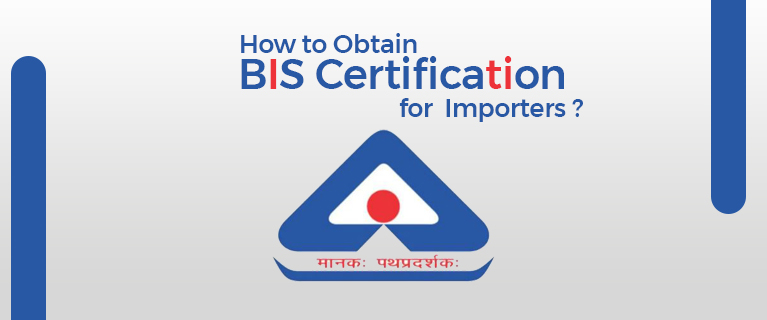How To Obtain BIS Certification For Importers?
For importers looking to enter the Indian market, obtaining the Bureau of Indian Standards (BIS) certification is a crucial step in ensuring compliance with Indian quality standards. The BIS certification signifies that a product meets the necessary safety and quality requirements, instilling confidence in both consumers and regulatory authorities. In this blog, we will provide a step-by-step guide on how importers can obtain BIS certification, highlighting the key processes, documentation requirements, and important considerations to streamline the certification process.
Step 1: Determine the Applicability of BIS Certification
The first step for importers is to identify whether their products fall within the scope of mandatory BIS certification. Certain products, such as electronics, electrical appliances, and automotive components, require mandatory certification before they can be imported and sold in the Indian market. It is essential to consult the BIS website or seek professional advice to determine the specific product categories that require certification.
Step 2: Choose an Authorized Indian Representative
As an importer, it is necessary to appoint an authorized Indian representative who will act on your behalf during the BIS certification process. The representative should be based in India and be responsible for coordinating with the BIS and facilitating the necessary documentation and compliance procedures.
Step 3: Prepare Documentation
To initiate the BIS certification process, importers need to gather and prepare the required documentation, which may include:
- Product Information: Provide detailed specifications, technical drawings, and product samples for evaluation and testing.
- Manufacturing Process Details: Furnish information about the manufacturing process, including quality control measures, raw material sourcing, and production facilities.
- Test Reports: Submit test reports from accredited laboratories that demonstrate compliance with the relevant Indian standards.
- Product Labelling and Packaging: Ensure that the product labelling and packaging comply with the Indian labelling requirements, including mandatory information and labelling in the local language.
Step 4: Product Testing
Once the documentation is in order, importers need to arrange for product testing from BIS-approved laboratories. These tests evaluate product safety, performance, and adherence to Indian standards. The testing process may involve conducting tests on samples, analysing the results, and making any necessary modifications to meet the required standards.
Step 5: Application Submission
After completing the product testing, importers must submit the application for BIS certification along with the relevant documentation. The application form can be obtained from the BIS website or the authorized Indian representative. It is crucial to accurately fill in all the required information and attach the supporting documents to avoid delays in the certification process.
Step 6: Factory Inspection
In some cases, the BIS may conduct a factory inspection to assess the manufacturer's compliance with the required manufacturing processes and quality control measures. The inspection aims to ensure that the product's quality is maintained consistently and meets the specified standards.
Step 7: Certification and Renewal
Once the application and factory inspection (if required) are completed successfully, the BIS will issue the BIS certification for the approved products. The certification is valid for a specific period, typically one to three years, and must be renewed accordingly to continue importing and selling the products in India.
Read Also This - What is the cost of BIS CertificationConclusion
Obtaining BIS certification for importers is a critical step in complying with Indian quality standards and gaining access to the Indian market. By following this step-by-step guide and working closely with an authorized Indian representative, importers can navigate the BIS certification process efficiently, ensuring their products meet the necessary safety and quality requirements, and building trust among Indian consumers



Comments
Post a Comment